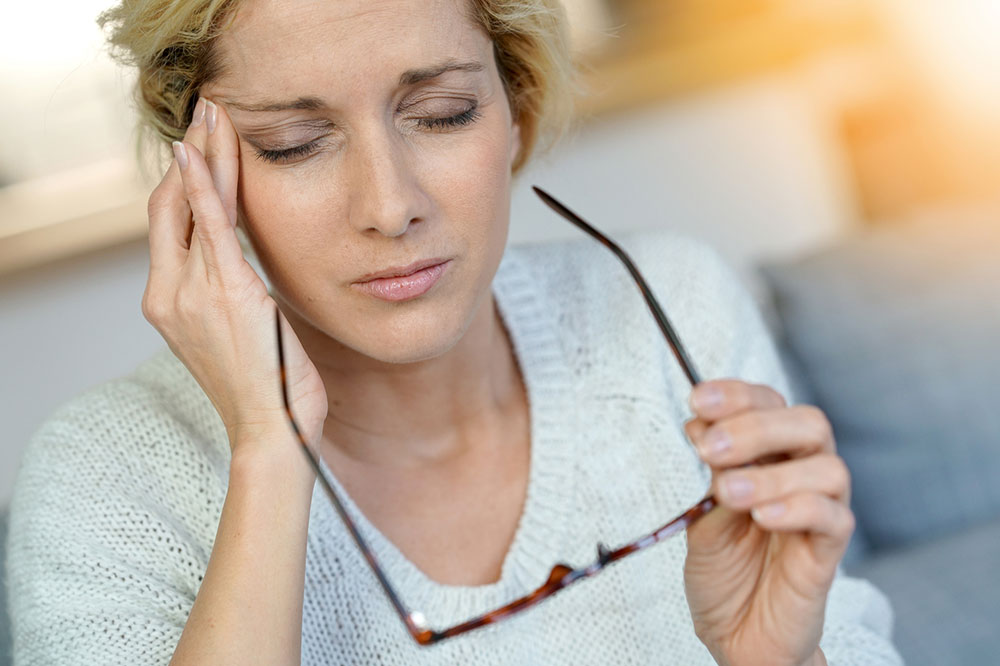4 FAQs About Odor-Induced Migraine Answered
Migraine can be triggered due to a lot of reasons. Foods like cheese and chocolate are well-known problems, while a stressful event or situation can also lead to a serious migraine headache. Certain odors have a similar effect, with patients experiencing severe symptoms after being exposed to them. While experts aren’t exactly sure why this happens, it could be due to the heightened sense of smell, called osmophobia, which is often experienced by migraine sufferers.

1. What is osmophobia and how is it linked to migraine?
Osmophobia is a term that is used to describe the extreme aversion to and fear of smells. It is commonly linked to migraine, as a lot of patients suffering from this condition report that they experience serious symptoms after getting exposed to strong smells. Multiple studies have confirmed this, with one of them going on to conclude that patients with a longer history of migraine and headaches had more symptoms of osmophobia.
2. What causes osmophobia?
The olfactory bulb is a small nervous structure that helps in detecting smells. Research has found that patients suffering from migraine have an olfactory bulb that is smaller than normal. This could be the reason behind osmophobia, which, in turn, leads to problems in migraine patients.
3. Which odors trigger migraine?
While a lot of scents can prove problematic for migraine patients, the most common ones include those of:
- Paint
- Bleach
- Gasoline
- Cigarette smoke
- Food odors
- Nail polish
- Pesticides
- Car exhaust
- Leather
- Carpeting
- Cleaning products
4. How can one prevent odor triggers?
Avoiding exposure to such triggers in just one of the many ways to prevent and manage odor-induced migraines. Here are a few other steps that can help provide relief from migraine triggered due to extreme smells.
- Understand your triggers
Different odors trigger each person differently. It is, therefore, important to understand which scents are causing a problem to you. Knowing them will help you ensure that you avoid them. - Stay in a ventilated environment
Air can prove useful in diluting the effect of strong odors. Staying in a ventilated environment limits your exposure to harmful fumes that may be circulating around you. Stepping out of a compact room can also prove to be helpful. - Make lifestyle changes
While migraine cannot be completely cured, certain decisions can help reduce its symptoms. If smells from certain products or foods are making your symptoms worse, then it is best to avoid them. Since cigarette smoke is also a problem, quit smoking, even if you’re an occasional smoker. - Don’t forget to exercise
Exercising is a great way to alleviate symptoms of migraine. While working out, your body releases chemicals that reduce the amount of pain experienced. Regular exercise also decreases anxiety, depression, and other problems that are often linked to migraine.











